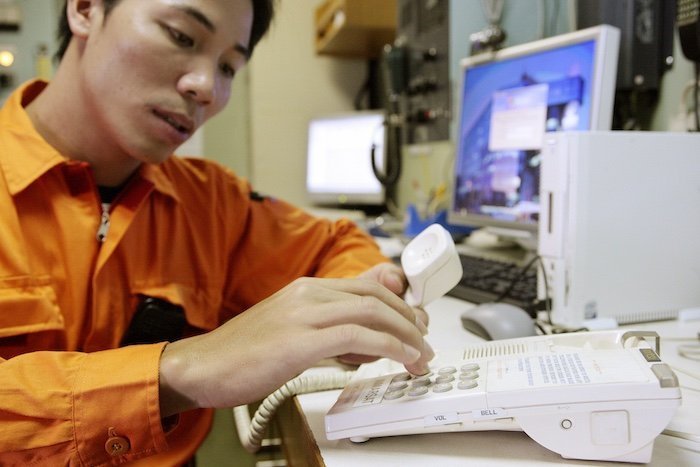Internet blackout brings light to the wifi debate

For a moment yesterday my quaint French Pyrenean town resembled something of an early ‘90s zombie flick. Citizens shuffled around, slack jawed, morosely. Occasionally they’d stab their fingers at their smartphone, befuddled, and hold it in front of them like a metal detector, desperately hoping for normal service to resume.
At around 8.50 am yesterday all phones, internet and communications ceased to work in the picturesque valley near the Spanish border that I call home these days. Suddenly we were all plunged back into the 20th century with local authorities initially baffled as to what was going on.
“The internet in France has gone on strike with everyone else,” one local quipped as I frantically sought some form of communication with the Splash team with minutes ticking down to our daily newsletter. My wife even suggested popping into the post office to send a telegram to colleagues on the other side of the world.
For hours in this narrow valley in the far southwest of France we were cut off comms-wise from the rest of the world: the conspiracy theorist in me began to wonder what the heck had caused this blackout; I’ve lived in and visited dictatorships that are very adept at switching the world wide web on and off.
Anyway, long story short, after just shy of eight hours the words ‘No Service’ at the top left of the screen of my iPhone were mercifully replaced with ‘Orange 4G’. I was back basking in the 21st century, apps buzzing red with all manner of white noise. Turns out that further up the valley towards Toulouse they’d been installing some new fibre optic wires and there’d been some tech hiccup. Hey ho, the enforced digital detox gave me a chance to get stuck into a new book I’d been itching to read. Worse things happen at sea.
So why the long preamble?
It is only when you do not have something that you are accustomed to – that frankly you take as a given right – that you realise its importance.
Consultancy Futurenautics published late last month a survey of nearly 6,000 active seafarers on crew connectivity. 75% of seafarers said the level of connectivity provided onboard did influence which ship operator they worked for. 92% said it had a strong or very strong influence on who they worked for.
While you and I, as landlubbers, presume access to the internet is as natural these days as breathing air, for those at sea it remains a sore point of contention.
I am running an investigation into a certain shipmanager at the moment and to try to get more of an understanding about those who work for this company I joined its Facebook group, which has proved eye opening in many ways. Within the group, whenever a sailor inquires of his peers about whether or not such and such a ship is worth working on, invariably the question is tagged with the all-important inquiry about whether or not the vessel has wifi (examples pictured below).
We seem to forget or ignore the fact that the nationalities who make up the bulk of the manpower serving the merchant fleet today are among the world’s most chatty online with friends and family. Sooner rather than later legislation should come in to ensure that all those at sea have access to the internet.




The worst thing that an owner can do is to make a committment to fit crew wifi and then to renege on it.
To be honest, the failure to deal with the wifi issue shows that shipowners have never, ever, been as distant from the people who work on their ships as they are today.
I would suggest that it is rather an ingrained attitude of ‘out of sight, out of mind’ which has existed in the industry for years and is simply becoming more obvious with the proliferation of networking. In the days of ‘snail mail’, in the 1980s, I worked for a shipping company which withheld all mail until a new crew member joined, four months without mail was the record. Latterly I worked for drilling operators, including one very well known name, who made no provision for radio or satellite communication for crew: 28 days on with no communication allowed.
While this has largely changed today, I would argue that it is a spin off from the larger communications capabilities required by the operator rather than any welfare concern. You get paid, you get fed (more or less), what more do you want ?